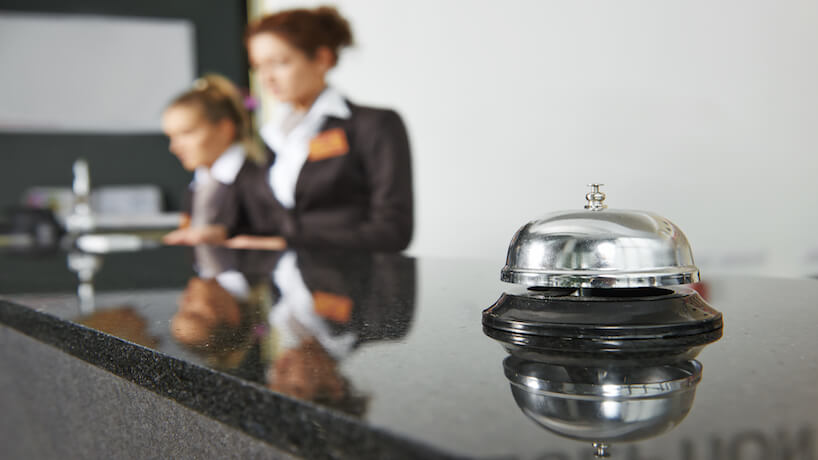Event professionals are no strangers to the struggles of a seller’s market. Over the past few years, negotiating room rates and concessions has been especially challenging as sellers have enjoyed record-breaking occupancy rates. However, hoteliers have been dealing with their own set of issues — well, more likely confined to two main challenges: Expedia and Priceline. As the two giants of online travel continue to capture the clicks of guests looking for the best deals, the hotel industry has plans to fight back. According to a report from Bloomberg, leaked documents from the American Hotel & Lodging Association’s (AHLA) recent board meeting reveal that the industry’s lobbying arm wants to call out that the two companies have an unfair size advantage over the rest of the travel industry.
The report includes details on a marketing campaign that will utilize a traditional Monopoly board to showcase that some of the most-recognized names in travel — booking.com, hotwire.com, kayak.com, and hotels.com, to name a few — are all owned by one of the two companies. In addition to marketing efforts, the AHLA appears to be doing some behind-the-scenes work to lobby the Federal Trade Commission on the monopoly issue in the hopes that President Trump — a hotelier himself — will appoint new members who are sympathetic to the concerns of the hotel industry.
It’s not the first time that the AHLA has voiced its opposition to the online travel world. When Expedia bought Orbitz in 2015, the organization made clear its disappointment that the deal had been approved. “We continue to believe that increased consolidation is bad for consumers and bad for business,” AHLA said in a statement at the time.
Nearly two years later, the hotel industry’s relationship with online travel companies is growing increasingly awkward. While these search engines help plenty of properties fill unused inventories, they also charge hefty commissions. And outside of charging up to 20 percent from hotels, many of Expedia’s and Priceline’s brands have educated potential guests on the complex pricing schemes in the hotel industry. In a TV ad for Trivago — a company in which Expedia has a 61-percent stake — a spokesperson points out that the same hotel room can have loads of different prices. Kayak — owned by Priceline — invites customers “sign in to unlock up to 35% with Private Deals.”
How does all of this impact a conference room block? There are no concrete numbers for how many attendees search for rooms on brands owned by Expedia and Priceline, but The Event Room Demand Study revealed that approximately 33 percent of attendees are booking outside the block. Plenty of them are probably seeing promotions from the two OTA giants during their searches for housing, too. Priceline invested $3.5 billion in online performance advertising last year, and while concrete data for Expedia’s online spend was not readily available, it’s safe to assume that the company aims to keep up with its primary competitor. Hotels are digging into their war chests, too, with direct booking campaigns from Hilton and Marriott. All of this appears to be taking its toll on event organizers. According to the most recent edition of the Convene Meetings Market Survey, average room pickup in 2016 was 3,449 — a decrease of more than 3,500 rooms from 2007.
Is it time to adjust your own battle plans for filling rooms at your event? Go to Catalyst to share your thoughts on how the events industry should adjust its approach to attendee housing.

